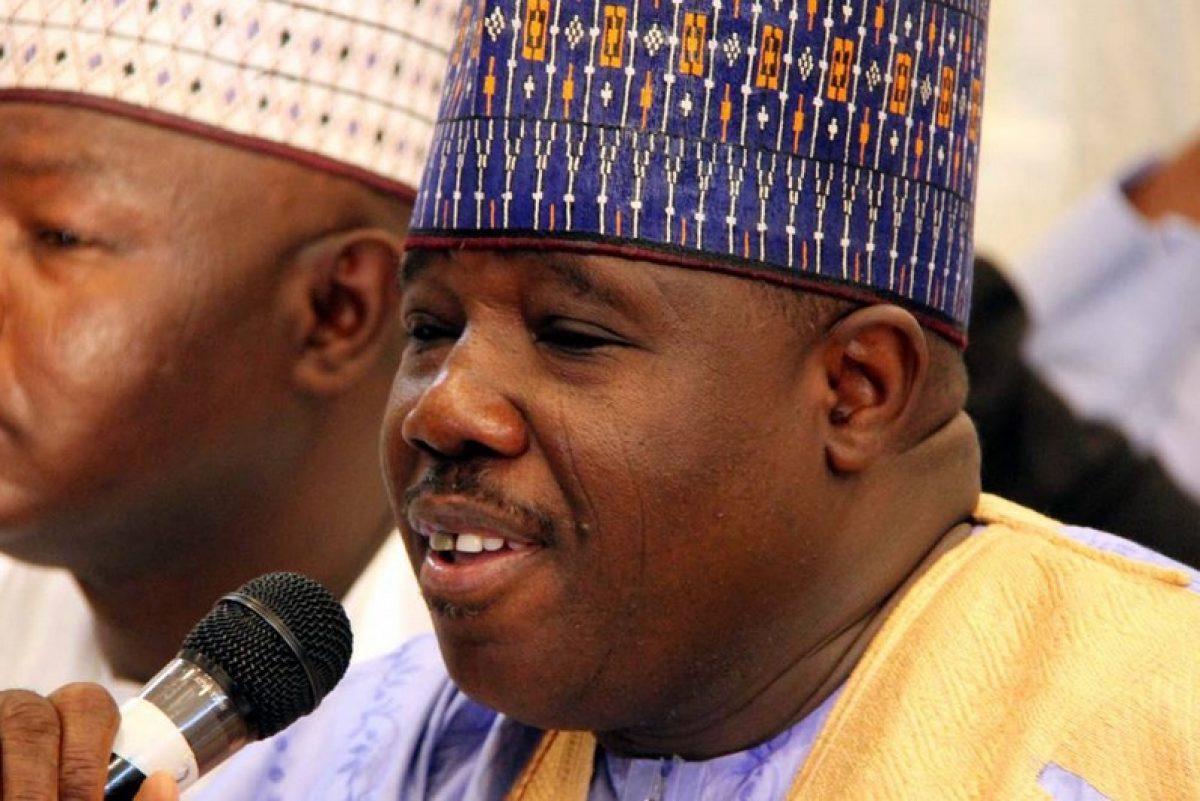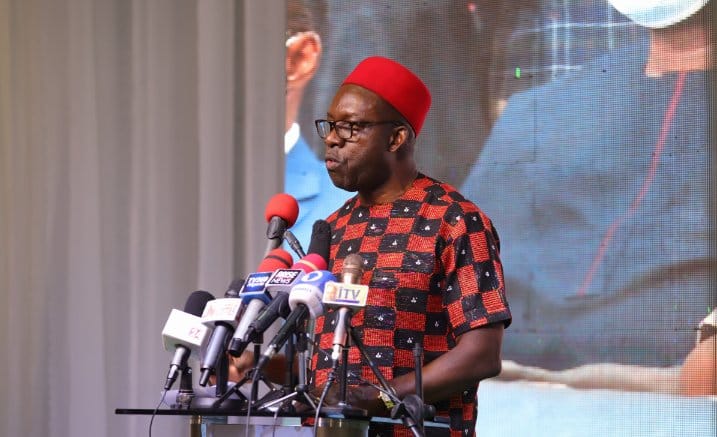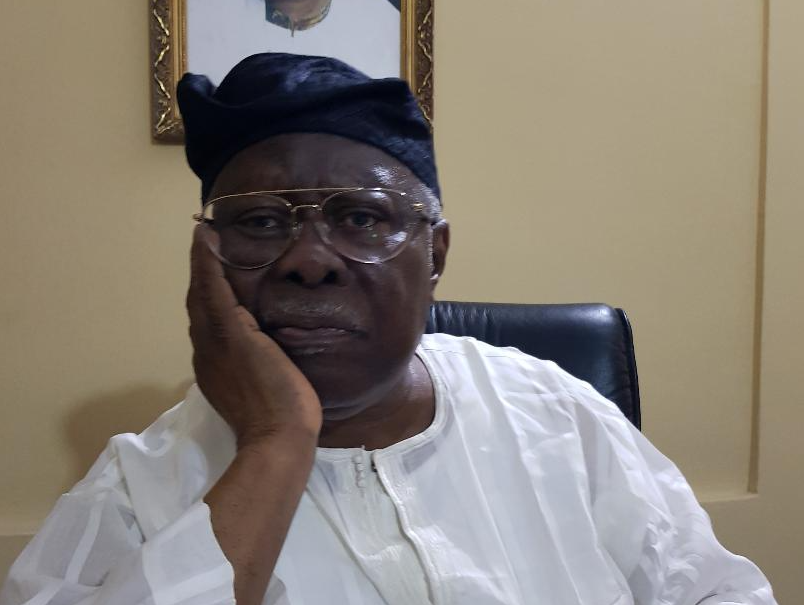Kayode Ajulo, a human rights lawyer, has faulted the court ruling that ordered the removal of section 84 (12) of the amended Electoral Act, 2022.
Ajulo stated this in a post released on Saturday on the nullification of section 84(12) of the electoral act.
BACKSTORY
On February 25, President Muhammadu Buhari assented to the electoral act amendment bill.
Advertisement
He, however, asked the national assembly to delete section 84 (12) of the act, which reads: “No political appointee at any level shall be a voting delegate or be voted for at the convention or congress of any political party for the nomination of candidates for any election”.
On March 9, the senate rejected the president’s request to amend the clause in the electoral act.
Subsequently, Abubakar Malami, attorney-general of the federation, said the federal government would consider all other options available before taking a position on the matter.
Advertisement
On Friday, Evelyn Anyadike, a presiding judge at the federal high court in Umuahia, Abia state, ruled that the section was unconstitutional.
Anyadike stated that sections 66(1)(f), 107(1)(f), 137(1)(f) and 182(1)(f) of the 1999 constitution already stipulated that government appointees seeking to contest elections are only to resign at least 30 days to the date of the election.
Reacting to the judgement, Malami said the federal government would enforce the judgement on the electoral act and remove section 84(12) from the electoral act 2022 that will be gazetted.
The nullification of section 84(12) of the electoral act elicited reactions among Nigerians, especially legal practitioners.
Advertisement
‘APC MUST AVOID A REPEAT OF ZAMFARA COURT JUDGEMENT‘
Joining the fray of the legal debate, Ajulo warned the All Progressives Congress (APC) from organising its March 26 national convention based on an “ephemeral” court verdict, adding that the verdict is a “booby trap”.
The human rights lawyer added that it would amount to “disaster” for the APC if it allowed political appointees to vote during its convention or contest primaries whenever a superior court nullifies the judgement.
“The reaction of the federal government and the office of the attorney-general of the federation to the evanescent decision of the court leaves too much to be desired of the ruling All Progressives Congress,” Ajulo said.
Advertisement
“It is instructive to note that the Peoples Democratic Party (PDP), including other prominent political parties, has concluded its convention if the All Progressives Congress should rely on the ephemeral judgment of the Court and proceed to permit political appointees to vote and contest at its primaries and conventions, same is a disaster going somewhere to happen.
“What readily comes to mind is the decision of the Supreme Court in Zamfara State, where the Apex Court held that there was no validly elected candidates in the various elective positions in the state from the APC.
Advertisement
“In lending my two cents, it is not a triumph, and neither is it a time for drunk fanfare for the All Progressive Congress. The leadership of the party must be very circumspect in preventing a repeat of what happened in Zamfara state.”
Ajulo queried why the national assembly and the Independent National Electoral Commission (INEC) were not joined in the suit before the declaration of judgement.
Advertisement
“Why was the suit filed in faraway Umaiha, Abia State? Why were the national assembly and Independent National Electoral Commission not joined as parties to the suit?” he asked.
“To answer these thought-provoking questions, attention must be readily drawn to the fact that the National Assembly who is the authority empowered by Section 4 and 228 of the Constitution of the Federal Republic of Nigeria, 1999 (as amended) and the Independent National Electoral Commission who is empowered to regulate the conduct of election in Nigeria by virtue of Section 153 of the Constitution respectively ought to have been joined by the plaintiff as necessary parties to the action.
Advertisement
“While it is not the duty of a judge to force on a plaintiff the party to be sued, however, judicial authorities abound to the effect that where a judge considers that a necessary party has not been joined to the action, it can suo motu make an order for the joinder of such necessary party.
“Without prejudice to the decision of the learned trial judge, we must reiterate that confidence in the judiciary must be upheld by all means and a reasonable man at all times must be able to retain his confidence in the same.
“We must not allow political jiggery-pokery and desperacy to destroy the fabrics of the Nigerian Judiciary.”
Add a comment






